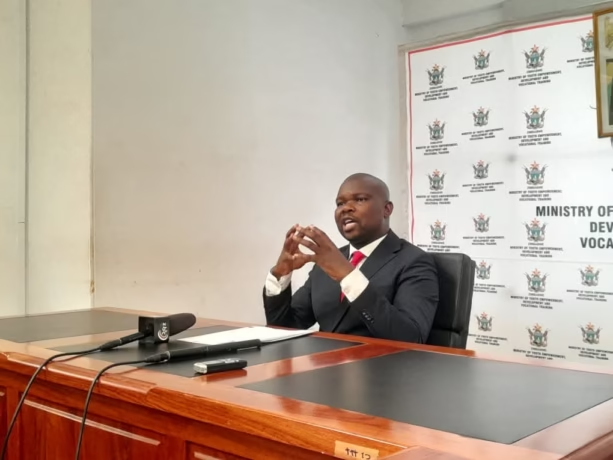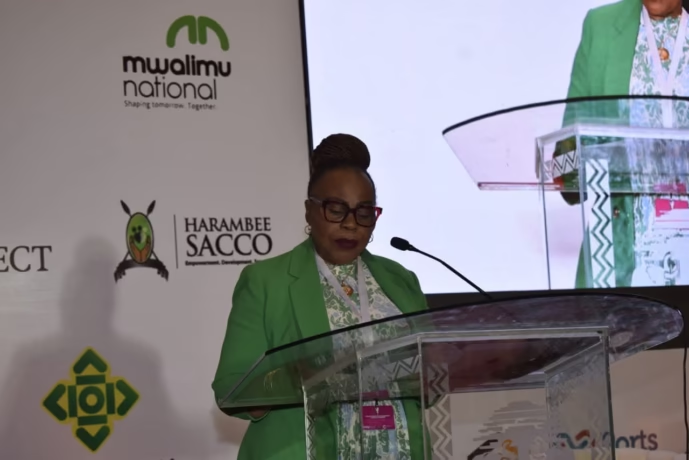
The Minister of Women Affairs, Community, Small and Medium Enterprises Development, Hon. Senator Monica Mutsvangwa, has called for a bold and inclusive reimagination of the SME Act, urging stakeholders to rally behind a regulatory overhaul that reflects the realities, aspirations and innovative spirit of Zimbabwe’s 4.8 million-strong SME sector.
Speaking at the SME Act Review Stakeholder Consultative Workshop held in Harare on 28 May 2025, the Minister described the gathering as a turning point for the sector, stressing the urgency to modernise the 1983 SME Act and align it with contemporary entrepreneurial dynamics. She paid tribute to the World Bank for providing critical technical and financial support for the initiative, highlighting it as a key catalyst for Zimbabwe’s developmental agenda.
“The SME sector is not just a component of our economy, it is the very pulse of our nation’s progress,” Minister Mutsvangwa said. “With SMEs contributing approximately 60% of GDP and employing millions, this Act must become an engine for inclusive growth, digital transformation, formalisation, and international competitiveness.”
Women-led enterprises, which account for 56% of SMEs in Zimbabwe, were at the centre of the minister’s call for gender-sensitive policy reform. She emphasised that the new legislative framework must ensure equitable access for women, youth, rural entrepreneurs and emerging digital ventures.
The Minister laid out a compelling case for action, citing the 2021 ZIMSTATS MSME Survey which showed that 84% of SMEs still operate informally, underscoring the pressing need for simplified regulatory frameworks and enhanced access to finance, workspace and markets.
“Despite modest improvements in SME lending, rising to 7.5% of total bank loans in 2024 from 5.3% in 2023, we must go further,” she said. “We need stronger devolution-focused local policies, functional master plans, and SME-inclusive by-laws to ensure formalised, thriving businesses.”
On the digital front, Honorable Monica Mutsvangwa said the revised Act must embrace the 4th Industrial Revolution and artificial intelligence to empower SMEs to increase productivity and adapt to global shifts. She also called for strategies to integrate SMEs into export value chains under the Africa Continental Free Trade Area (AfCFTA).
“Innovation must be our tool for transformation. Let us build digital-savvy SMEs that can lead in the new economy,” she added.
Hon. Mutsvangwa posed critical questions for the review team: Is the SME definition inclusive? Does the law incentivise financial institutions to support small businesses? Is the Act green-conscious, youth-oriented and pro-rural enterprise?
Importantly, she questioned whether SMEDCO is currently structured to meet today’s challenges and if the national support ecosystem, from municipalities to business networks, is truly responsive to SME needs.
As part of the Act review, nationwide consultations will be conducted over the next month to capture diverse views and deliver a people-centred, context-specific, and forward-looking policy instrument.
“The outcome must not just be a new law, but a renewed national commitment to the spirit of enterprise. We are crafting a catalyst for transformation—one that will power Zimbabwe’s journey to an upper-middle-income economy by 2030,” the Minister concluded.
For more stories on enterprise development, policy reform, and inclusive growth, follow Positive Eye News at www.positiveeyenews.co.zw.




